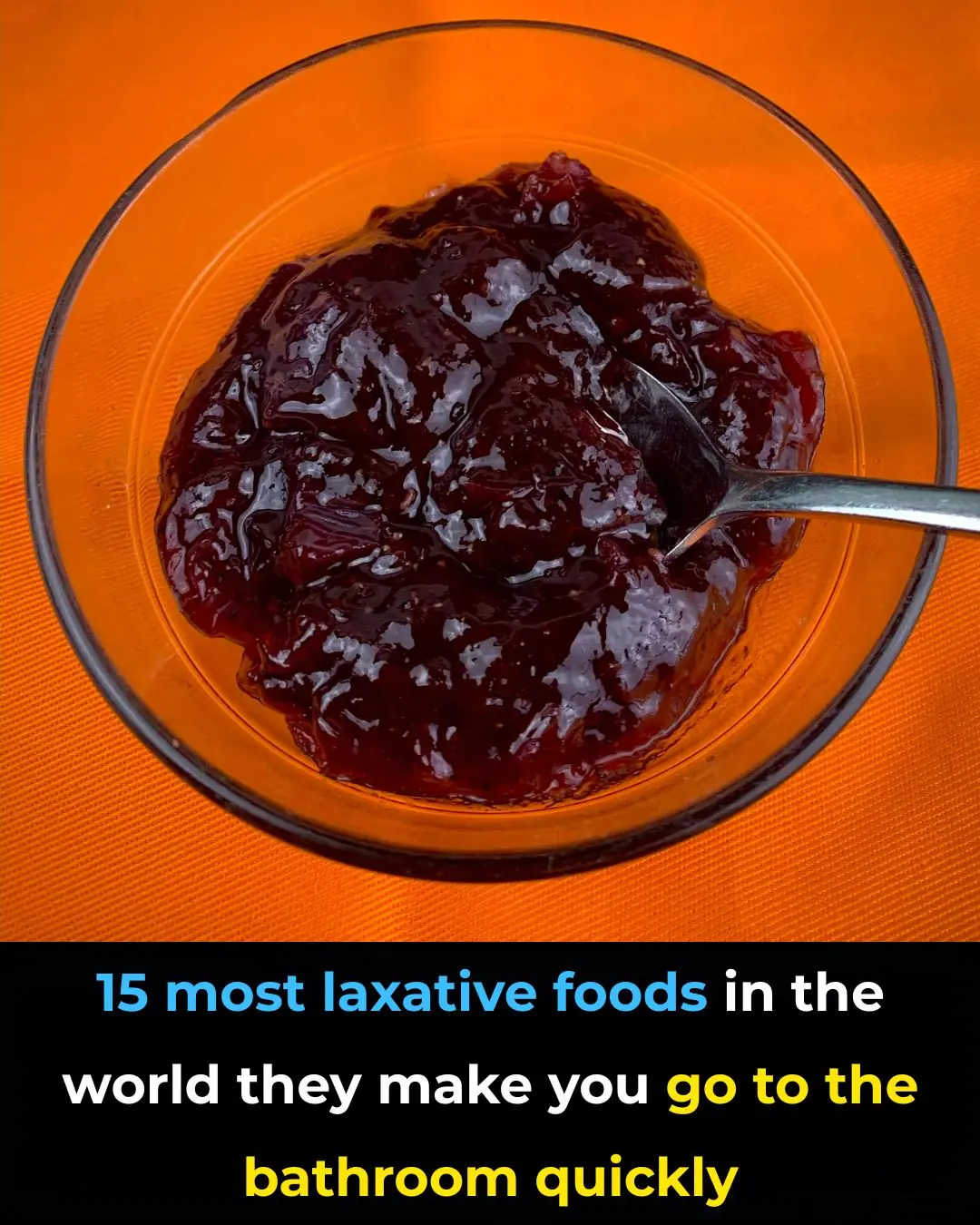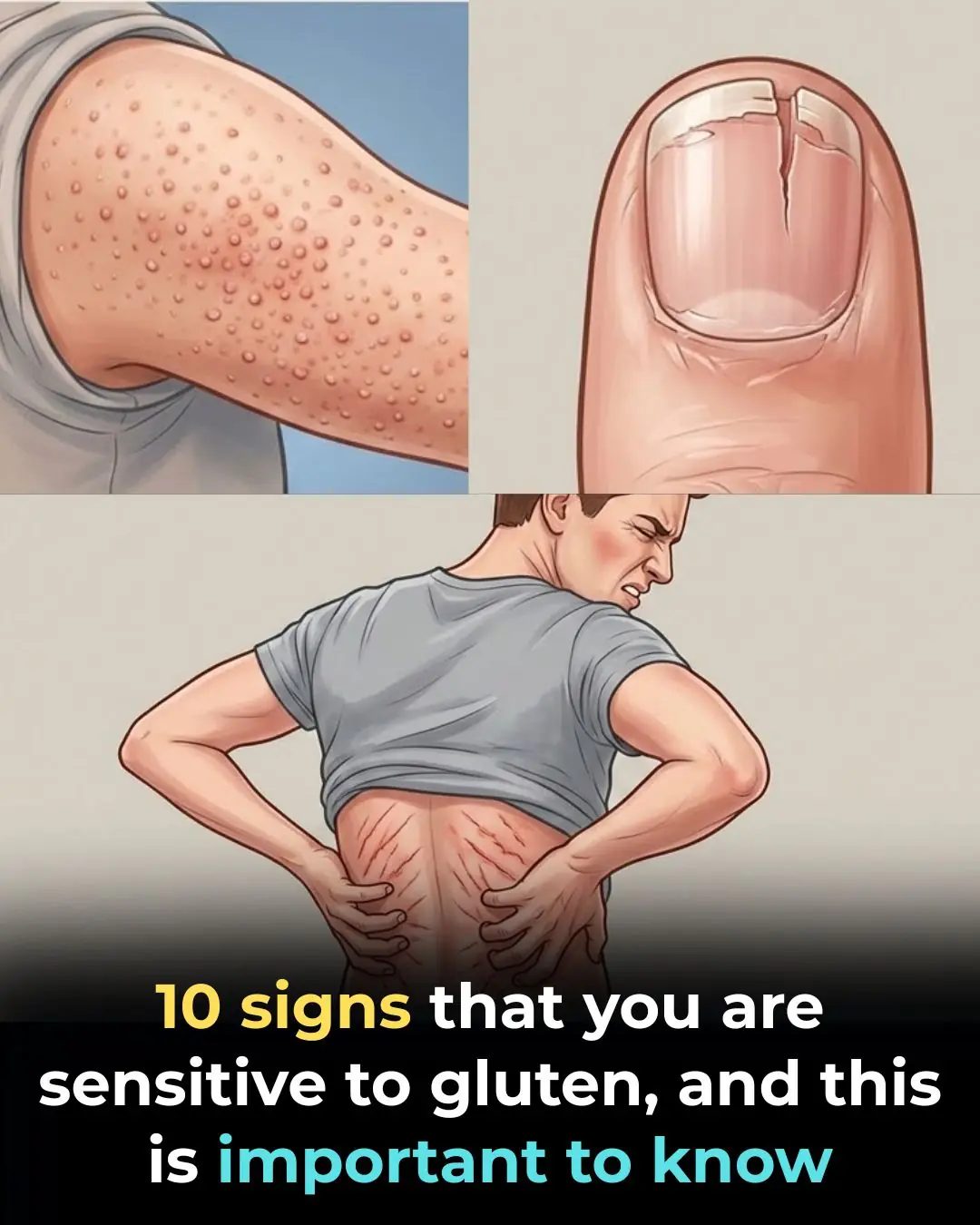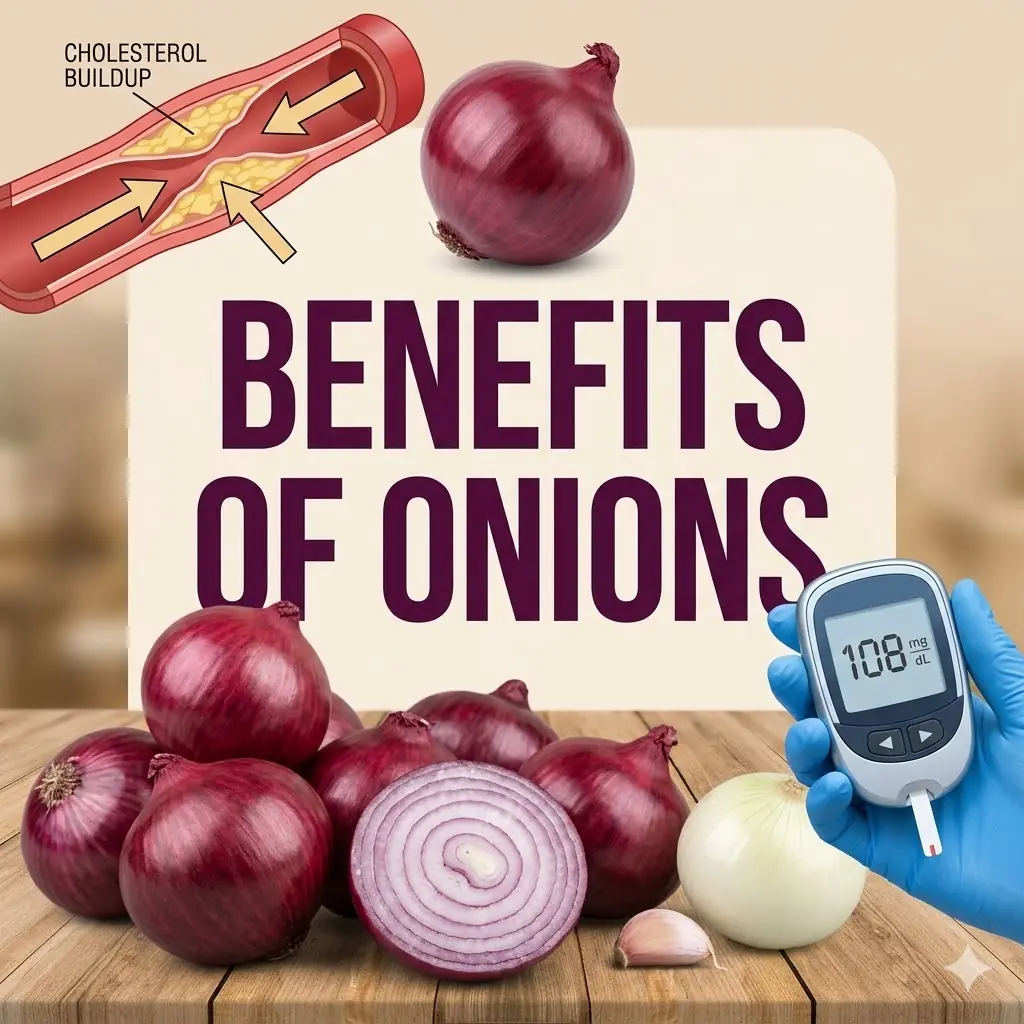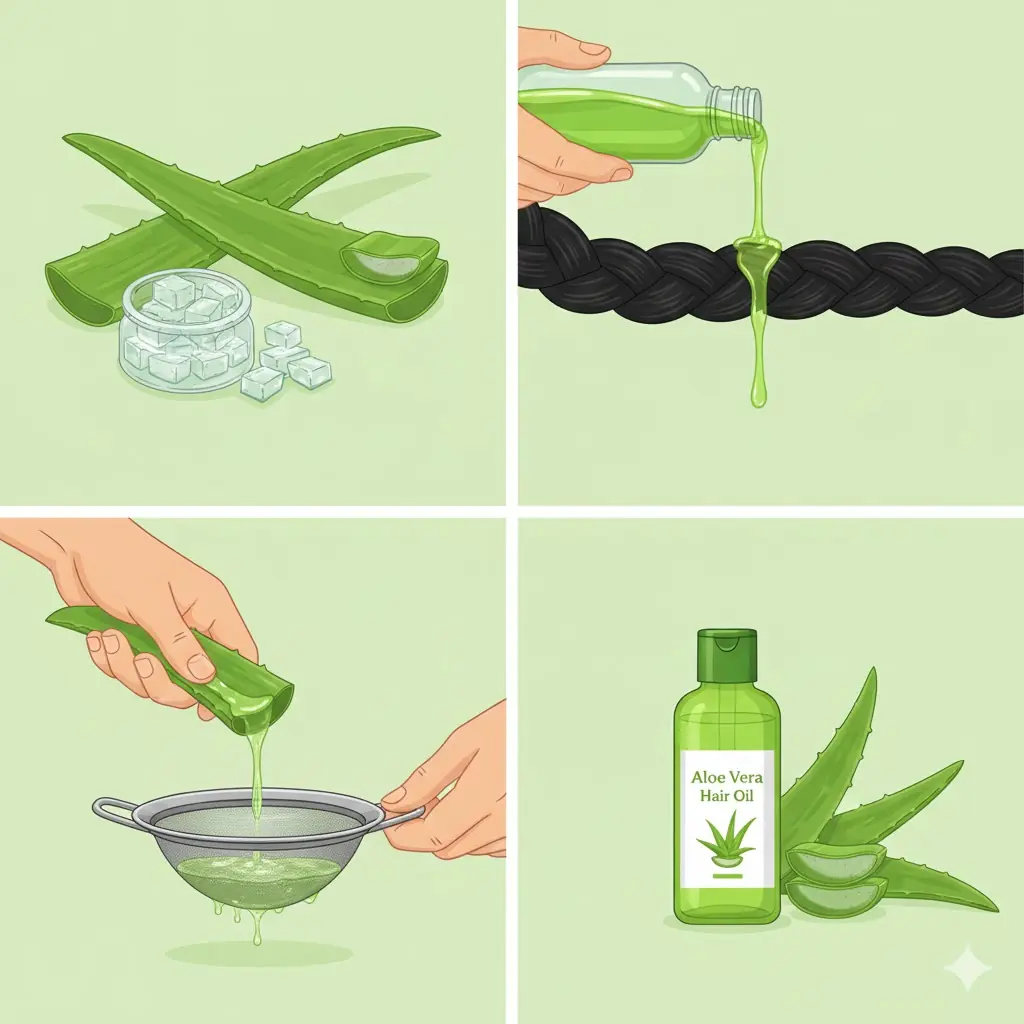
Tonsil Stones: Causes, Symptoms, and Natural Remedies
Tonsil Stones: Causes, Symptoms, and Effective Ways to Prevent Them
Tonsil stones, also known as tonsilloliths, are small, calcified formations that develop in the crevices of your tonsils. While they are generally harmless, they can be uncomfortable and sometimes embarrassing, often leading to bad breath, sore throats, or recurring throat infections. Learning what causes them and how to prevent them is key to maintaining good oral and throat health.
What Causes Tonsil Stones?
The tonsils contain small pockets or crypts that naturally trap debris. Over time, this debris — such as dead cells, food particles, mucus, and bacteria — can accumulate. When it becomes trapped, it may harden and calcify, forming tonsil stones.
Factors that increase the risk of tonsil stones include:
-
Having large tonsils or deep tonsil crypts
-
Poor oral hygiene, which allows bacteria to thrive
-
Frequent sinus issues that increase mucus buildup
-
Chronic tonsillitis or inflammation of the tonsils
Common Symptoms of Tonsil Stones
Not everyone with tonsil stones will notice symptoms. In fact, many people only discover them by accident. However, when symptoms do occur, they may include:
-
Persistent bad breath (halitosis) caused by sulfur-producing bacteria
-
Sore throat or irritation, especially when swallowing
-
A metallic or unpleasant taste in the mouth
-
Ear pain, as nerves in the throat and ears are connected
-
Visible white or yellow lumps at the back of the throat
-
In rare cases, swelling or infection if the stones grow larger
Because symptoms often overlap with throat infections, tonsil stones can sometimes be misdiagnosed as tonsillitis.
How to Prevent Tonsil Stones
The best way to manage tonsil stones is to stop them from forming. Practical prevention tips include:
-
Maintain good oral hygiene: Brush teeth twice daily, floss, and clean the tongue.
-
Gargle with salt water or alcohol-free mouthwash to reduce bacteria buildup.
-
Stay hydrated: Drinking plenty of water keeps mucus thin and less likely to accumulate.
-
Limit dairy products, as they can thicken mucus and encourage stone formation.
-
Quit smoking, since smoking dries out the mouth and increases bacterial growth.
At-Home Remedies for Tonsil Stones
For small stones that don’t cause much discomfort, natural remedies can sometimes help dislodge them:
-
Saltwater gargle: Helps soothe irritation and may loosen stones.
-
Oral irrigators (water flossers): Used gently, they can flush out debris.
-
Crunchy foods like apples, carrots, and celery may naturally help dislodge stones.
-
Cotton swab method: Some people carefully push out visible stones, though this should be done cautiously to avoid injury.
When to See a Doctor
If tonsil stones are persistent, large, or painful, professional removal may be necessary. Treatments include:
-
Manual removal by a doctor using special tools
-
Laser cryptolysis, which smooths the tonsil surface to prevent debris buildup
-
Coblation cryptolysis, a procedure that reshapes tonsil crypts using radiofrequency energy
-
Tonsillectomy (surgical removal of the tonsils) – generally a last resort, but effective for people with severe or recurring tonsil stones
Final Thoughts
Tonsil stones are usually small and harmless, but they can cause annoying symptoms like bad breath and throat irritation. With proper oral hygiene, hydration, and preventive habits, you can greatly reduce your chances of developing them. For people who struggle with frequent or severe tonsil stones, medical treatments — and in rare cases, tonsil removal — may be the best option.
By being proactive about oral care and paying attention to early symptoms, you can keep your tonsils healthy and free of these pesky calcified stones.
News in the same category


Common Back-Pain Drug May Be Linked to Higher Dementia Risk, Large Study Finds

The 5 Most Laxative Foods in the World: Nature's Gentle Solution for Digestive Health

What Causes That Bizarre Eye Twitch

First-Ever Recording of Dying Human Brain Reveals Possible “Life Recall” Activity

The Japanese Morning Ritual: A Simple Sip for Your Gut

10 Signs An Angel Is Trying To Contact You

Nighttime Bite That May Help Support Healthy Circulation

Papaya Leaves for Hair Growth: How This Traditional Herbal Rinse May Help Strengthen Roots and Enhance Shine

This Ancient Plant Is Called “Nature’s Gift”: The Real Health Benefits of Olive and Olive Leaf

How I Improved the Appearance of My Legs: Smoother, Brighter & Healthier-Looking Skin with Simple Daily Habits

Warning Signs You May Be Sensitive to Gluten

Can Red Onions Help Regulate Blood Sugar

How to Make Aloe Vera Oil for Healthier, Stronger-Looking Hair

Why Women Prefer Hotter Showers Than Men

Can You Eat Yogurt Past Its Expiry Date

The Truth About Age Spots

The 2-Ingredient Homemade Drink That Helps Reduce Belly Fat

Why Some People Sunburn Easily
News Post

The #1 Kitchen Mistake That’s Making Your Family Sick (And Ruining Your Food)

🏠 8 Household Items That Could Be Affecting Your Health (And How to Check Them Safely at Home)

The Silent Signal: What Your Legs May Reveal About Pancreatic Health

Common Back-Pain Drug May Be Linked to Higher Dementia Risk, Large Study Finds

The 5 Most Laxative Foods in the World: Nature's Gentle Solution for Digestive Health

What Causes That Bizarre Eye Twitch
She Tore Up the DNA Report at the Baby’s Blessing—Then the Screen Lit Up and Froze the Entire Family

She Mocked an “Old Country Woman” in a Luxury Store—Then the Manager Bowed and Shut Down Her World

Naturally Softening the Appearance of Age Spots: A Simple DIY Mask with Cornstarch, Baking Soda, and Lemon for Brighter-Looking Skin

They Called My Son “Trash” at a School Meeting — Then I Took My Seat on the Board

He Made Me Crawl in a Job Interview—Then the Door Opened

First-Ever Recording of Dying Human Brain Reveals Possible “Life Recall” Activity

The Japanese Morning Ritual: A Simple Sip for Your Gut

10 Signs An Angel Is Trying To Contact You

Nighttime Bite That May Help Support Healthy Circulation

Papaya Leaves for Hair Growth: How This Traditional Herbal Rinse May Help Strengthen Roots and Enhance Shine

This Ancient Plant Is Called “Nature’s Gift”: The Real Health Benefits of Olive and Olive Leaf

How I Improved the Appearance of My Legs: Smoother, Brighter & Healthier-Looking Skin with Simple Daily Habits

Subtle Signs You’re Not Drinking Enough Water
